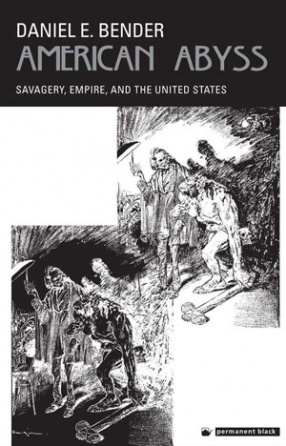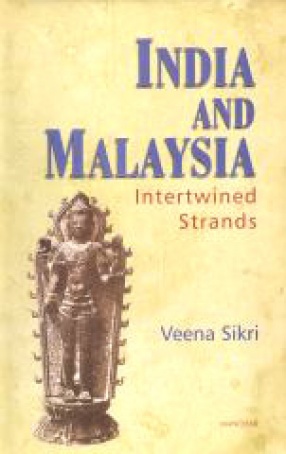At the beginning of the twentieth century, industrialization dramatically altered everyday life and shaped debates on immigration, empire, and urbanization. In American Abyss, Daniel E. Bender examines an array of sources eugenics theories, scientific studies of climate, socialist theory, and even popular novels about cavemen to show how intellectuals and activists came to understand industrialization in racial and gendered terms as the product of evolution and as the highest expression of civilization. Their discussions are echoed today by the use of such terms as “developed” and “developing” worlds.
American industry was contrasted with the supposed savagery and primitivism discovered in tropical colonies. Observers who made those claims worried that industrialization, by encouraging immigration, child and womens labour, and large families, was reversing natural selection.
Bender delves deeply into the culture and politics of the age of industry. He uncovers the complex interactions of turn-of-the-century ideas about race, class, gender, and ethnicity. At a time when immigration again lies at the centre of American economy and society, he offers us a brilliant perspective on worries over immigrant labour.





There are no reviews yet.